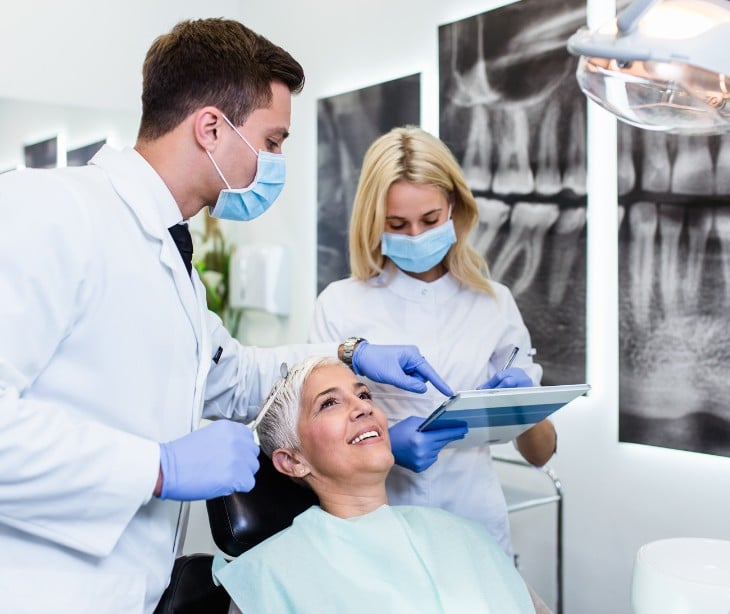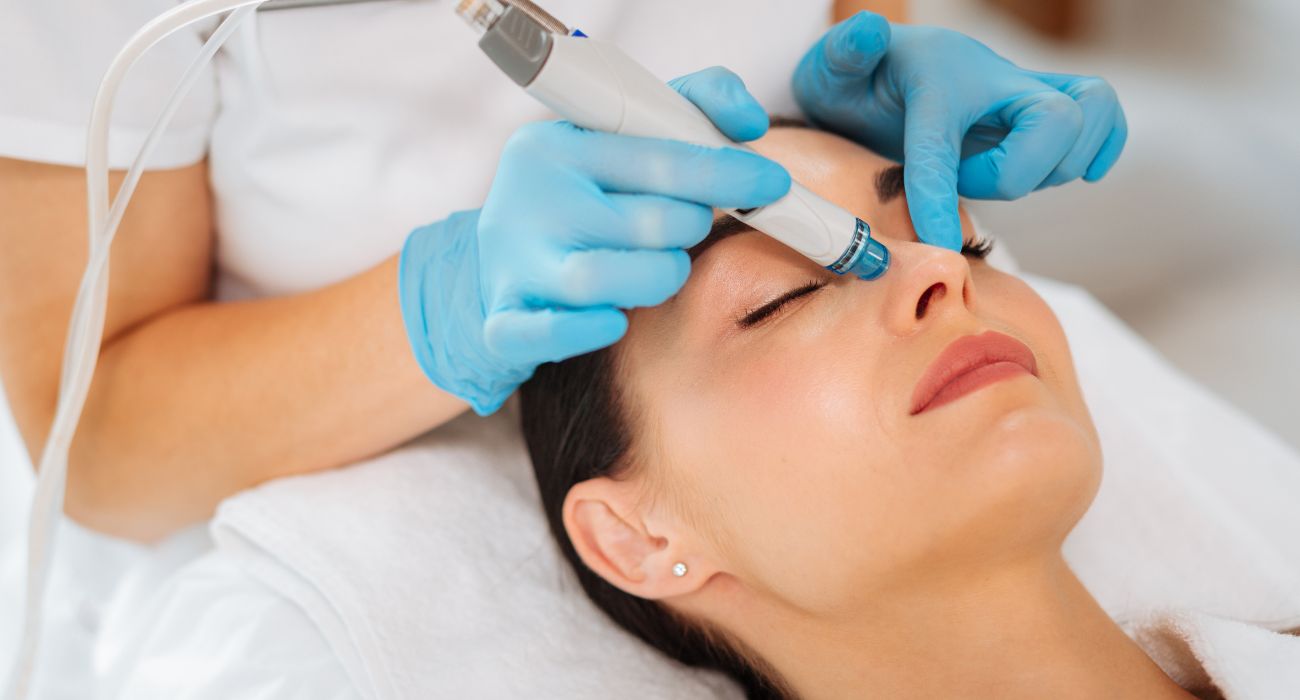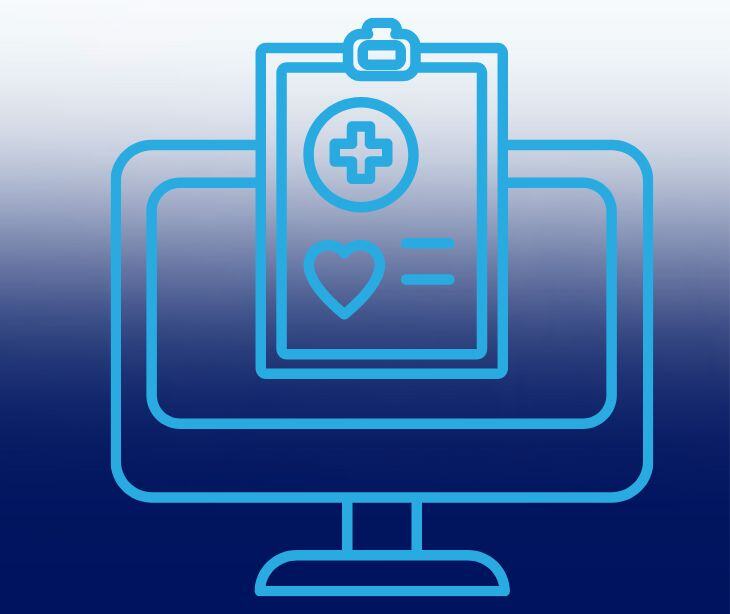
Dentists are only considered covered entities when they engage in the electronic transactions specified on the HIPAA criteria for covered entities.
HIPAA's covered entity definition
HIPAA defines covered entities as organizations or individuals that engage in certain electronic transactions related to healthcare. These transactions include submitting claims to insurance companies, verifying patient eligibility, conducting electronic fund transfers, or using electronic health records (EHRs) that transmit protected health information (PHI).
Electronic transactions and covered entity status
Dentists who engage in any of these electronic transactions specified by HIPAA fall within its jurisdiction:
1. Electronic claims submission
When dentists transmit claims to insurance companies using electronic means, such as electronic data interchange (EDI) or a secure web portal, they are engaging in an electronic transaction under HIPAA. This electronic exchange of information involves the transmission of PHI, making dentists subject to HIPAA regulations.
2. Electronic eligibility verification
Verifying patient eligibility is another electronic transaction that can classify dentists as covered entities. Dentists often need to confirm a patient's insurance coverage and benefits before providing dental services. This process can be done electronically, either through direct electronic connections with insurance providers or by using web-based portals or clearinghouses. When dentists use electronic means to verify patient eligibility, they are accessing and transmitting PHI. This brings them under the scope of HIPAA regulations, requiring them to implement appropriate privacy and security measures to protect patient information during the eligibility verification process.
3. Electronic fund transfers
Dentists who engage in electronic transactions related to the transfer of funds for dental treatments, such as receiving payments from insurance companies or facilitating direct payment from patients' accounts, are considered covered entities.
4. The use of electronic health records (EHRs)
EHRs allow dentists to store and manage patient information electronically, facilitating efficient access to patient records and enhancing the coordination of care. When dentists use EHRs that involve the transmission or storage of PHI, they must comply with HIPAA's privacy and security requirements. This includes implementing safeguards to protect the confidentiality of patient records, controlling access to EHRs, conducting regular risk assessments, and ensuring the secure transmission of patient information.
Related: What is a covered entity?
When dentists are not considered covered entities
Not all dentists are automatically classified as covered entities under HIPAA. There are specific situations where dentists may not meet the criteria for covered entity status.
1. Private pay practices: Dentists operating on a strictly private pay basis, without involving insurance plans or conducting electronic transactions, may not fall under HIPAA's definition of covered entities.
2. Limited scope practices: Dentists with a limited scope of practice, providing non-HIPAA-covered services exclusively, may not be classified as covered entities. If their services do not involve electronic transactions or fall under regulated areas, they may not be required to comply with HIPAA.
3. Workforce members of covered entities: Individuals working for covered entities, such as dental hygienists or dental assistants, are not considered covered entities themselves. However, they must comply with HIPAA regulations as part of their responsibilities within the covered entity.
4. Business associates: Dentists functioning as business associates rather than covered entities have distinct HIPAA obligations. These dentists provide services to covered entities, such as dental laboratories or billing companies, and must adhere to HIPAA rules specific to business associates. They must enter into business associate agreements with covered entities and implement appropriate safeguards to protect PHI.
Dentists engaging in electronic transactions specified by HIPAA fall within the covered entity definition and must protect patients' PHI. However, even if not classified as covered entities, dentists may voluntarily choose to implement HIPAA's privacy and security measures to prioritize patient confidentiality.
Related: HIPAA Compliant Email: The Definitive Guide
Subscribe to Paubox Weekly
Every Friday we bring you the most important news from Paubox. Our aim is to make you smarter, faster.




